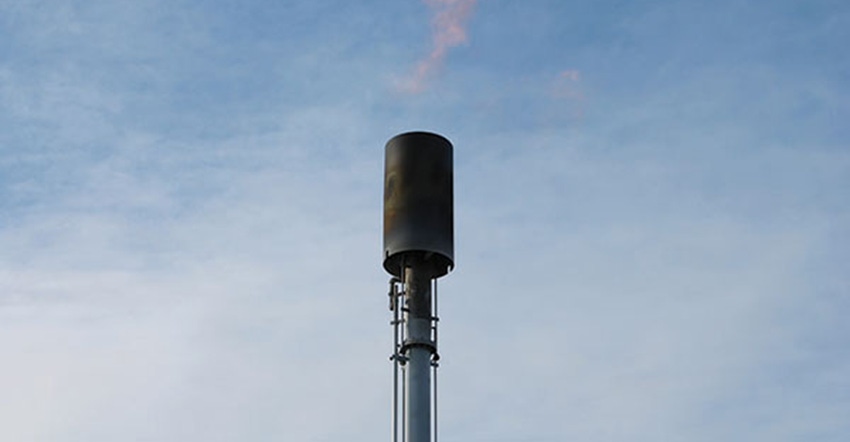The ability of the solid waste sector to curtail methane emissions is a critical part of mitigating the negative impacts of climate change. RMI, Carbon Mapper, and Integrated Global Greenhouse Gas Information System (IG3IS) have published a report detailing the potential for progress in addressing municipal solid waste (MSW) emissions and therefore global warming.

The ability of the solid waste sector to curtail methane emissions is a critical part of mitigating the negative impacts of climate change.
RMI, Carbon Mapper, and Integrated Global Greenhouse Gas Information System (IG3IS, an initiative of the UN World Meteorological Organization) have published a report detailing the potential for progress in addressing municipal solid waste (MSW) emissions and therefore global warming.
Ebun Ayandele, a senior associate with RMI and lead author of the report, commented that "immediate action" must be taken to reduce greenhouse gas emissions in order to circumvent the negative impacts of climate change.
“When it comes to waste, out of sight is out of mind," he said. "We don’t think about what happens to discarded waste once it is picked up by collection trucks. In 2020, MSW methane emissions were equivalent to the annual greenhouse gas emissions from 950 million passenger vehicles."
The global prerogative to limit global warming to 1.5°C can forge ahead with leadership from solid waste, which as an industry has the capability of "significantly" reducing emissions by 80 percent based on a projected 2030 baseline, according to the study's authors.
"Key Strategies for Mitigating Methane Emissions from Municipal Solid Waste" highlighted five key areas including food waste prevention across the entire supply chain, organic waste diversion, rehabilitating of dump sites, landfill design optimization and the quantification of emissions across landfills and organics processing facilities.
Source separation and diversion of organic waste can be used to counter food insecurity as well as climate change. However, it is "essentially impossible to capture all the methane formed from decomposed organic waste."
The study indicated that: "In contrast, it should be easier to capture a larger proportion of methane generated from organic material processed under controlled conditions outside landfills." This can be achieved through consumer or household-based source separation programs as well as automated sorting and compressive force technologies to separate organic materials from a mixed waste stream.
Advancements in organics recovery technology along with landfill design make it possible to minimize methane release and enhance gas capture systems.
Source separation and organics and eparation and organics recovery technologies to manage and convert waste into beneficial products or commodities. The availability of data has made it easier for the MSW sector to "pinpoint emissions sources, enable timely mitigation solutions, and validate implemented abatement strategies."
Kenzie Huffman, director of strategy and partnerships with Carbon Mapper and a coauthor of the report, said that "we have an expanding set of real-world examples where precisely identifying the sources of methane emissions and communicating this data to decision makers can yield concrete and timely mitigation efforts."
MSW is the third-largest source of methane, just behind oil and gas and the livestock industries, respectively. It accounts for 18 percent of human-caused methane emissions globally, according to the study's authors.
About the Author(s)
You May Also Like




